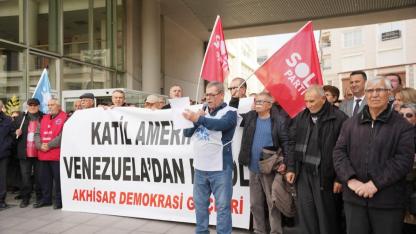In the USA, headline CPI increased by 0.2% on a monthly basis and 1.4% on an annual basis in September. On the core inflation side, where volatile items such as food and energy are excluded, monthly and annual increases are observed by 0.2% and 1.7%, respectively. The used cars and trucks index continued to rise sharply, accounting for most of the monthly increase in the seasonally adjusted all items index. The contribution of non-traditional items to inflation continues, and we see that the inflation outlook desired by the Fed is not fully formed.
When we look at the sub items; The used car and truck index rose 6.7% in September, the largest monthly increase since February 1969. Items such as shelters and new vehicles also increased in September and contributed to inflation. The food index has not changed. The energy index rose by 0.8% in September, with natural gas prices rising by 4.2%. While the food index increased by 3.9% in the last 12 months, the energy index decreased by 7.7%. Motor vehicle insurance, airline wages and clothing were among those that decreased during the month.
Rather than the effect of the Fed's economic revival with QE, we have an inflation image nurtured by the pandemic effect. The contribution of demand to the economy is declining, so if the demand of individuals is not stimulated by financial incentives, inflation pressures will remain low when the effects of non-traditional items wear off. The main problem of developed countries is the inability to create demand inflation during this pandemic period. Price and pandemic effects feed the inflation outlook in the USA. Unconventional items are; for example, second-hand vehicles or accommodation… People's preferences have changed in the pandemic, and the demand for these items has increased from the desire not to enter the community and to be isolated. This has increased the tendency of people to own vehicles or private homes more. Therefore, the effect from these items will be temporary and inflation will be down-pressed because there is no demand, and this is not what the Fed wants.
Because real incomes are declining and the fate of the salary benefits ending in July is not clear as the financial package has not passed. Democrats will not accept the current Trump package either, and without a package that will fund the economy for at least 3 months, Americans will remain broke. Democrats will look to pass a package they want more comfortably in February, as the seats will change in January if the President or Congressional structure changes. The financial package will probably not be "one dollar less, one day late" or even "one dollar more". However, the concept of "time" seems more important now.
Tera Yatırım
Hibya Haber Ajansı










Yorumlar
Kalan Karakter: